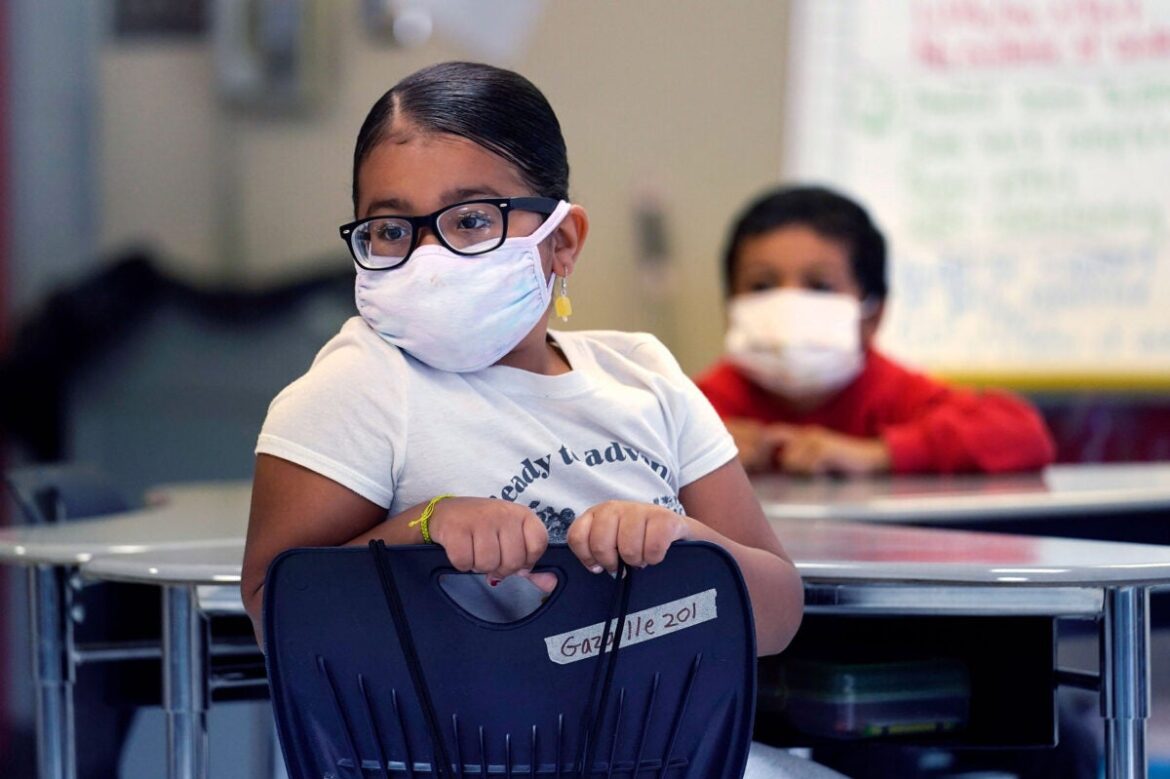
Delta shouldn’t stop kids from returning to class, expert says
With the delta variant surging in the United States just as the school year begins, parents are wondering — and worried — about the threat to children. To address their fears, Marc Lipsitch, an epidemiologist and director of the Harvard T.H. Chan School of Public Health’s Center for Communicable Disease Dynamics, answered questions from journalist Elana Gordon, producer of “The World,” in an online discussion on Tuesday.
Although, as Gordon pointed out, cases are increasing rapidly, data on deaths and hospitalizations show that children continue to be spared the worst of the virus, Lipsitch said. “Compared to adults, children are much lower risk, even with delta, of getting severe disease,” he said. However, as the overall numbers rise, so do the risks. “A sliver of severe cases are in children,” he said, which means a growing number of cases will bring an increase in the number of seriously ill children as well.
Less clear, said Lipsitch, is whether delta itself is a driver of more severe illness. What we do know is that the variant is exponentially more transmissible. This represents a shift from earlier in the year, when the risk of vaccinated people transmitting the virus was considered minimal. To explain the change, Lipsitch cited the combination of delta being more contagious and better able to get through vaccine protection, and the possible waning of vaccine efficacy over time.
In any case, vaccines for children should not be rushed, he said: “The time being spent to ensure that the vaccines are safe and effective in children is well spent.” Although the delay makes it unlikely that children under 12 will be vaccinated this year, “it would be much worse to find that there was a side effect that we haven’t accounted for.
